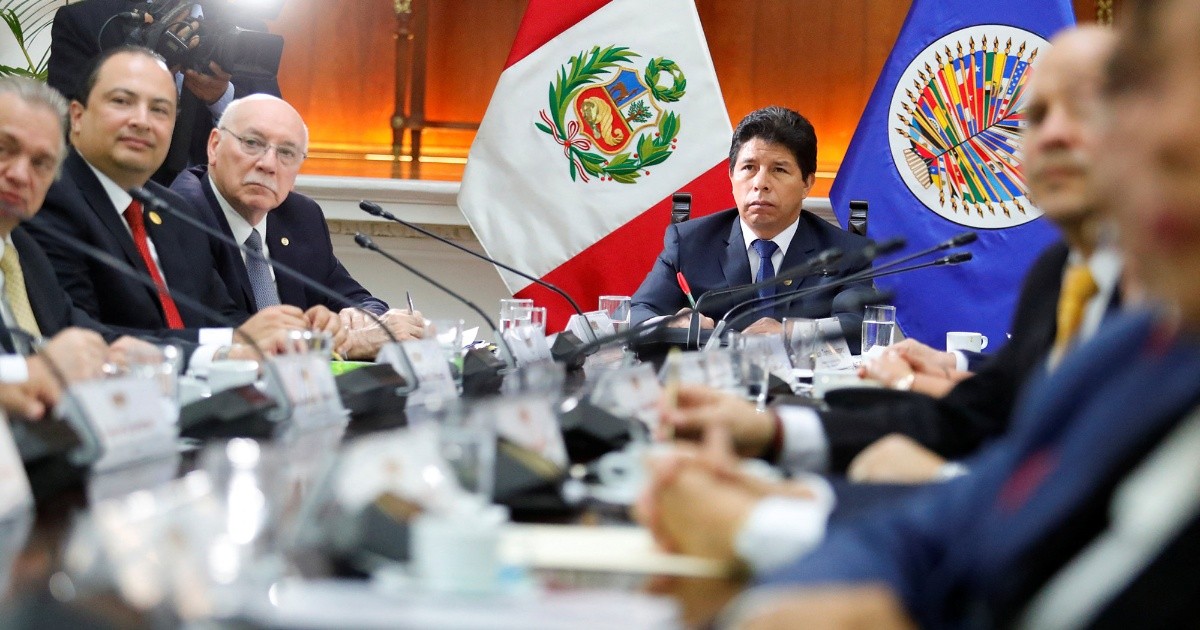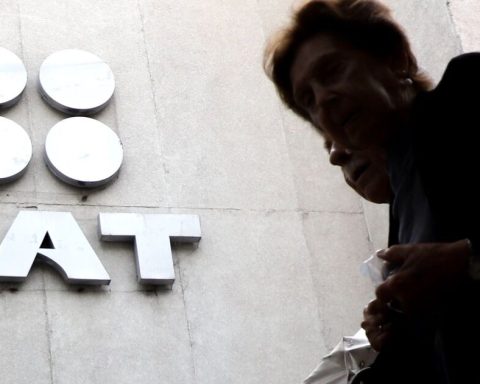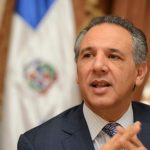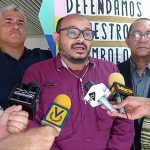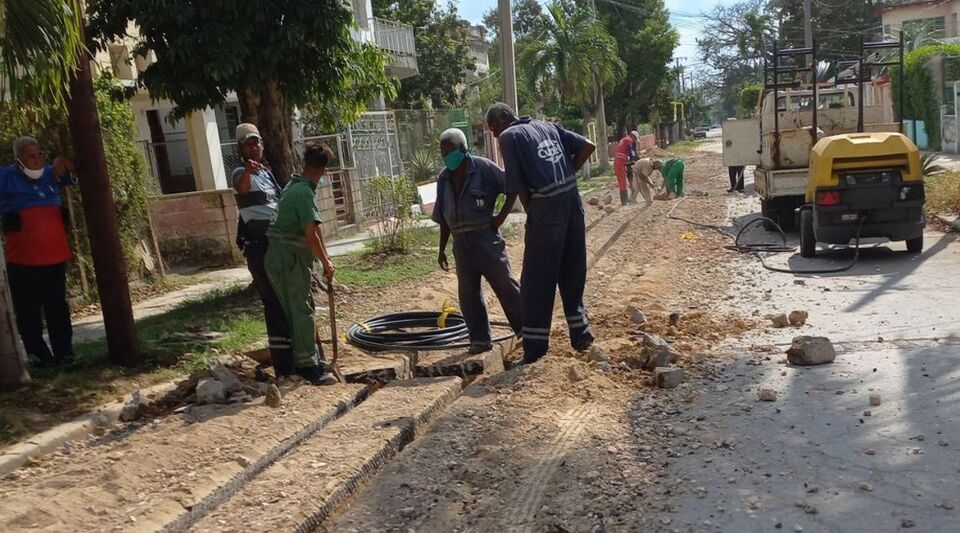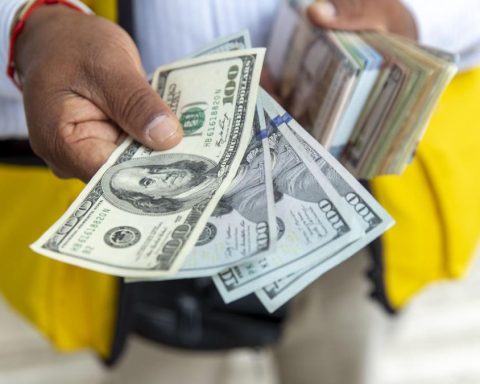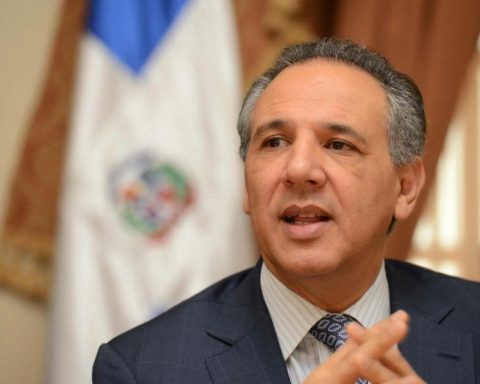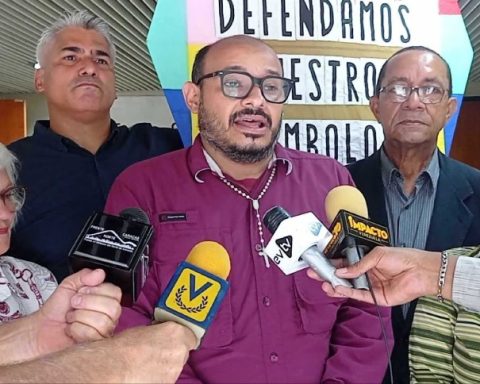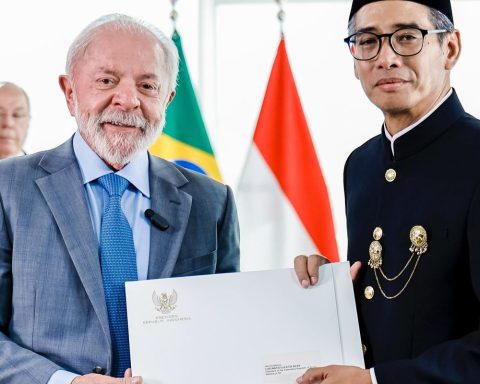A high-level mission of the Organization of American States (OAS) met on Monday with the Peruvian president Pedro Castillowho reaffirmed that some sectors seek with “lies” to hit his management and endanger democracy.
The representatives of the OAS, visiting Lima at the request of Castillo himself to analyze the situation of local political crisisThey also met with the president of Congress, José Williams Zapata, with the head of the Judiciary, Elvia Barrios, and the Attorney General, Patricia Benavides.
“I have received the @OEA_oficial High Level Group so that they know what is happening in Peru and how some sectors want to endanger the democracy and stability of the country with lies to hit a management focused on working for progress and equality for everyone,” Castillo said on Twitter.
Castillo, who assumed power in July 2021, asked the OAS to activate the Democratic Charter, alleging that in the Andean country there is an attempted “coup d’état” by the opposition-dominated Congress and the Prosecutor’s Office that are investigating it. by several cases of alleged corruption.
Parliament President Williams Zapata said that he informed the OAS representatives that Congress has no intention of breaking “institutionality” and that the government is carrying out a campaign to disqualify parliament.
“We are not coup leaders, we only protect democracy with the tools that protect democracy,” he said at a press conference after his appointment with the OAS mission.
The president of the Judiciary, Elvia Barrios, told journalists for her part that she showed the OAS her concern about Castillo’s speech against the work of the judicial system, which “carries out its activities with absolute independence.”
The OAS high-level group is made up of eight representatives, including the foreign ministers of Argentina, Ecuador, Paraguayan, Guatemala Y belize.
In her turn, Attorney General Patricia Benavides stressed that in compliance with the duty to prosecute crime and fight corruption, the prosecutor’s office has been subjected to pressure, threats, complaints and even insults from the Government “with an obvious purpose of obstruct investigations.”
power struggle
Outside the headquarters of Congress and the Judiciary, thousands of people demonstrated for and against President Castillo, protests that have been repeated in recent days as a sign of the country’s political polarization.
The OAS mission, headed by the former foreign minister of Paraguay Eladio Loizaga, will meet on Tuesday with leaders of political parties, civil and religious groups. Loizaga said on Sunday that the objective is to “listen to the Peruvian people” while respecting the sovereignty and rule of law of the Latin American country.
The Peruvian president has survived two impeachment attempts and opposition lawmakers are seeking support to launch a new impeachment trial against Castillo, although congress has acknowledged they do not have the necessary votes.
In October, Attorney General Benavides presented a constitutional complaint against Castillo to Congress, opening a new legal battle that opposition forces seek to lead to the president’s removal. The complaint includes investigations for the alleged crimes of influence peddling, obstruction of justice and directing a criminal organization.
Castillo, a son of peasants, a former trade unionist and a public school teacher, denies all the accusations. During the day, the Judiciary rejected a legal appeal from Castillo’s defense that sought to stop the investigations.
The OAS visit comes after Peru’s prime minister asked congress for a vote of support or “question of confidence,” a mechanism that could weaken parliament.
If the vote of confidence is rejected, the entire government cabinet must resign. And according to Peru’s constitution, if Congress twice rejects the “question of confidence” in a prime minister, the president is empowered to dissolve parliament and call legislative elections.
In 2019, centrist President Martín Vizcarra dissolved Congress amid a fierce struggle with the opposition. The following year, a new and fragmented sitting Congress removed Vizcarra, who was facing corruption charges.
